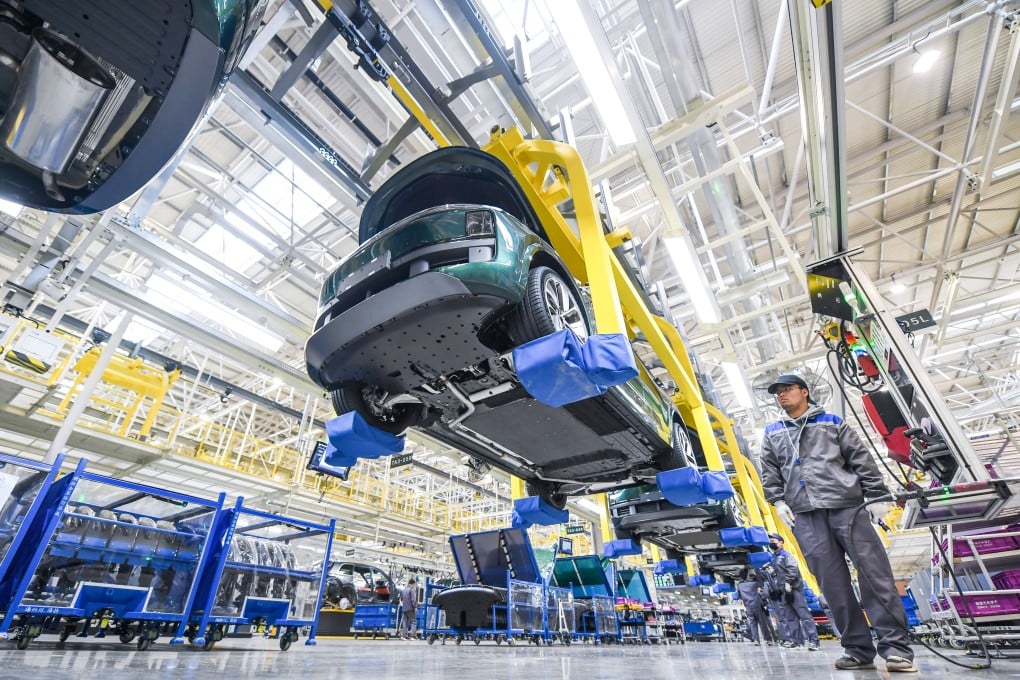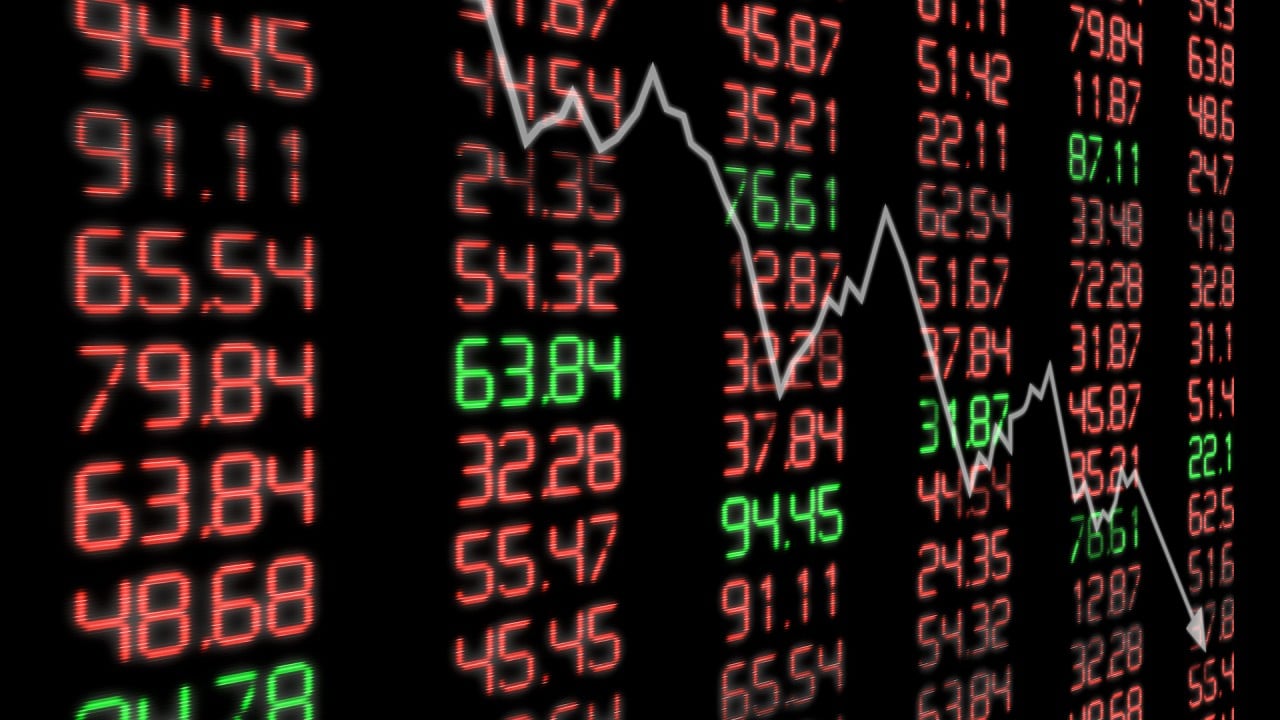China’s auto-parts makers like CATL, Gotion at risk of being tariff war’s biggest victims
At biggest risk US$13.6 billion worth of components which China ships to the US annually

China’s automotive industry, a bright spot in the world’s second-largest economy, remains exposed to an escalating US-China tariff war, with component manufacturers likely to bear the brunt of the trade fallout, analysts said.
At risk is the 100 billion yuan (US$13.6 billion) worth of car parts – from electric-car batteries to lidar sensors and drive control systems – that Chinese companies shipped to the US annually, as tariffs on all Chinese-made goods surged to 125 per cent, from just 10 per cent three months ago.
“The sweeping tariffs are destructive to the growth of China’s supply-chain vendors like battery producers, though they would also block carmakers’ access to more advanced parts,” said David Zhang, general secretary of the International Intelligent Vehicle Engineering Association. “Car assemblers may have dodged the bullet as they do not rely on the US market for sales and growth.”
An index compiled by consultancy East Money Information that tracks 26 mainland-listed carmakers slumped 7 per cent this week through Thursday, while a gauge tracking 230 car component producers dived 10.2 per cent. The Hang Seng Shanghai-Shenzhen-Hong Kong Automobile Index, comprising 55 car and parts makers, lost 9.2 per cent.
